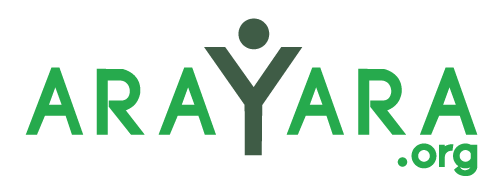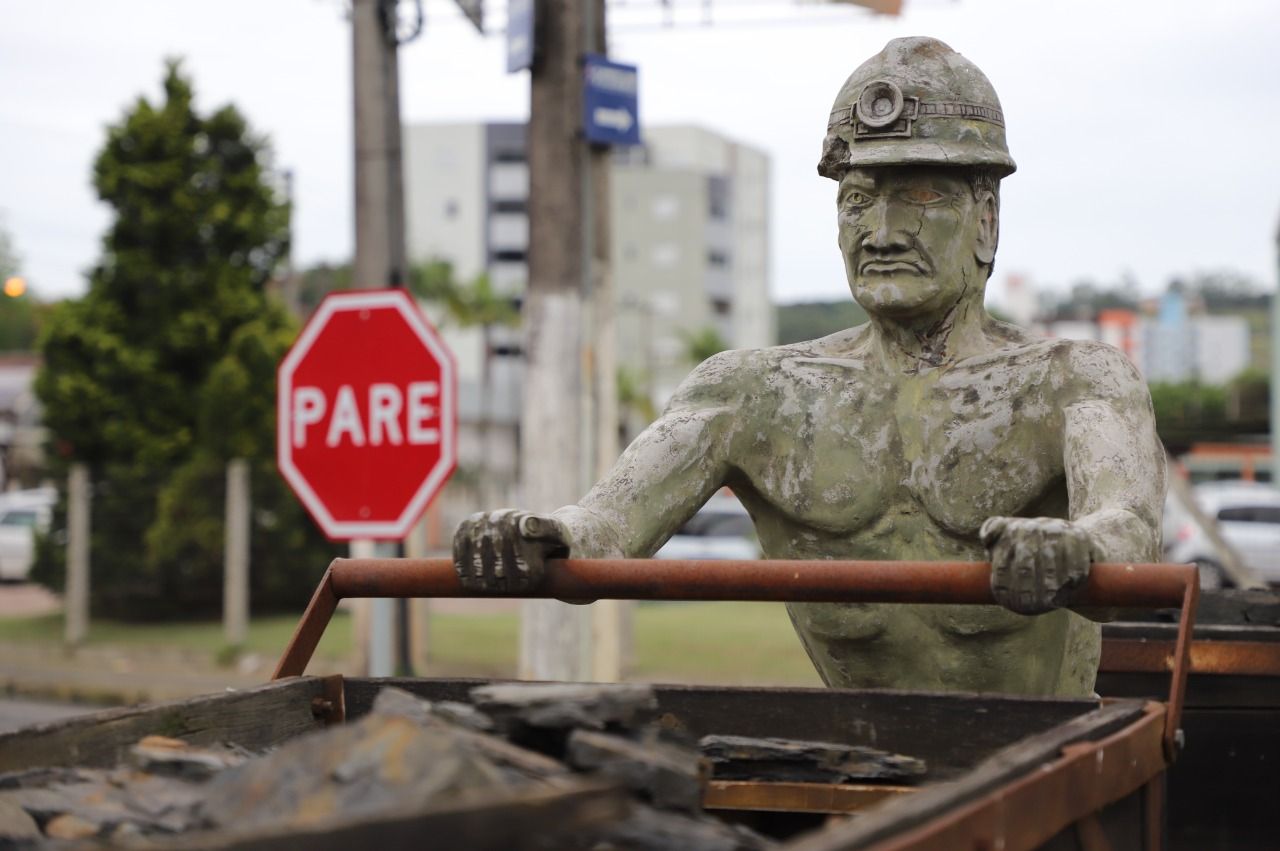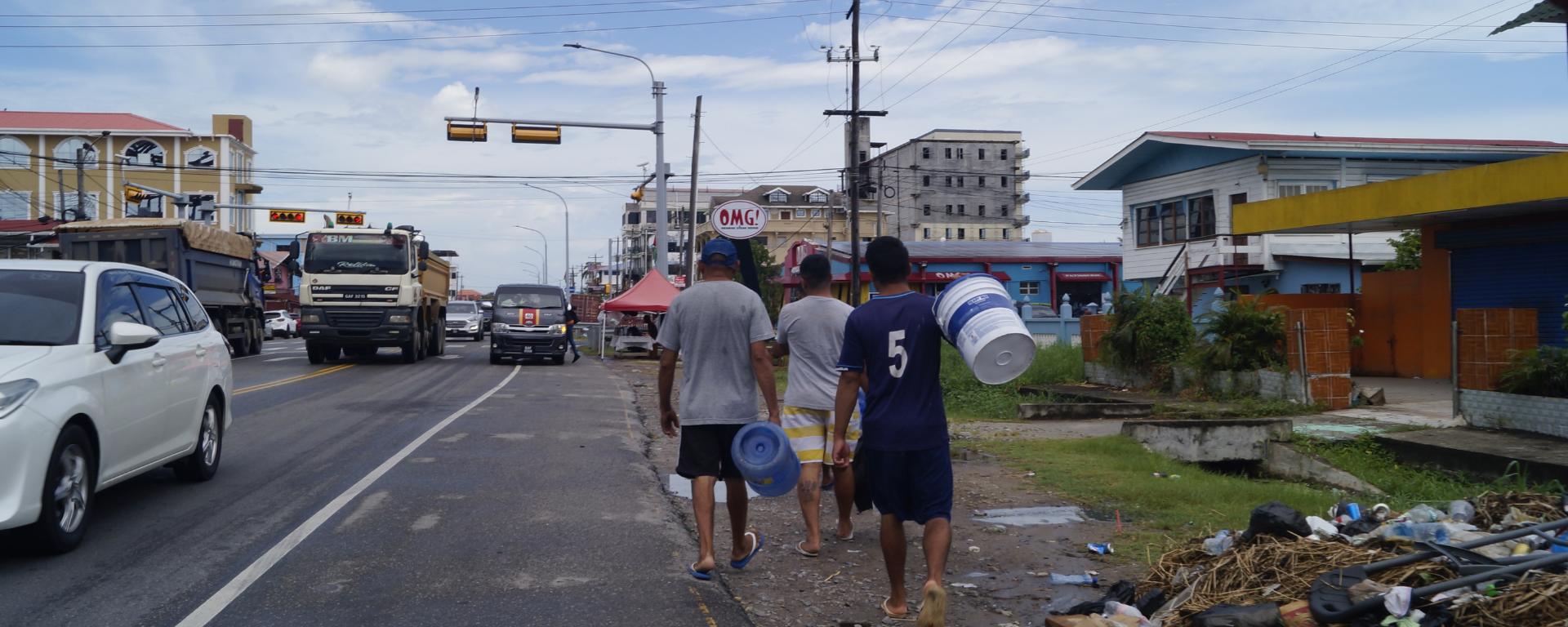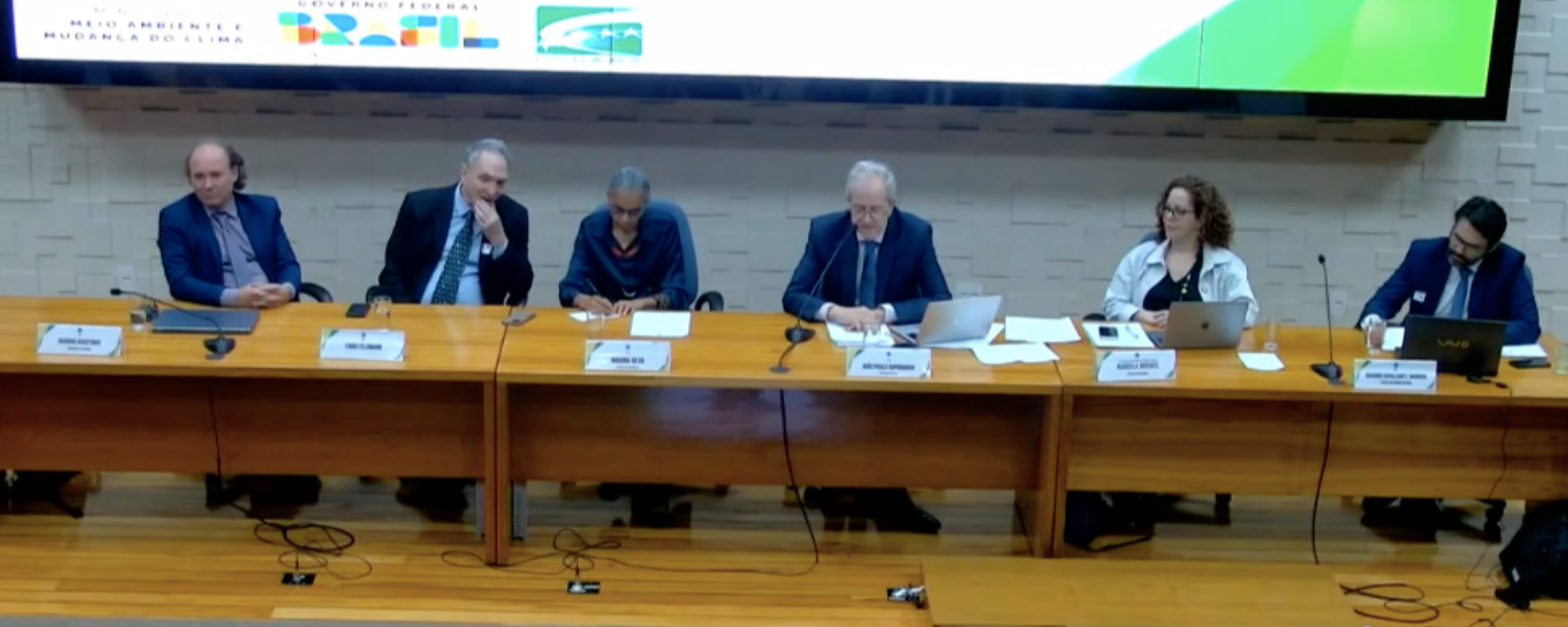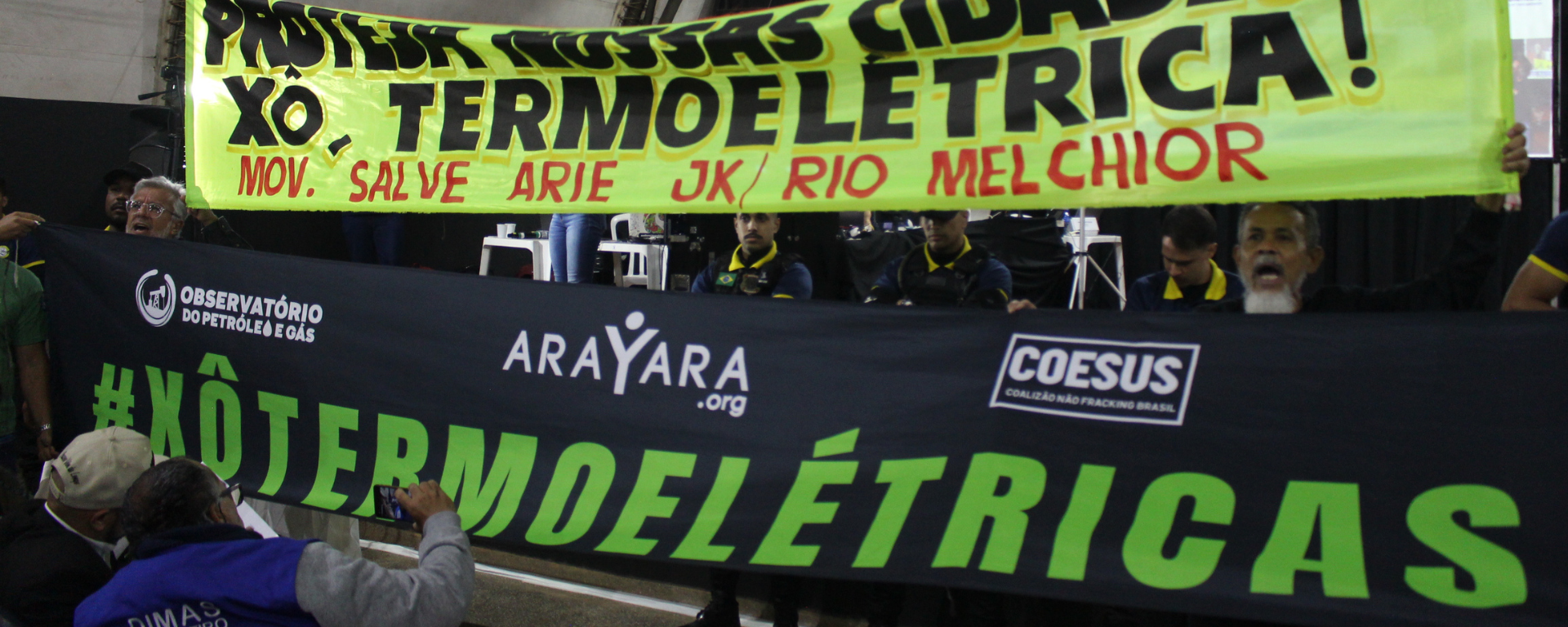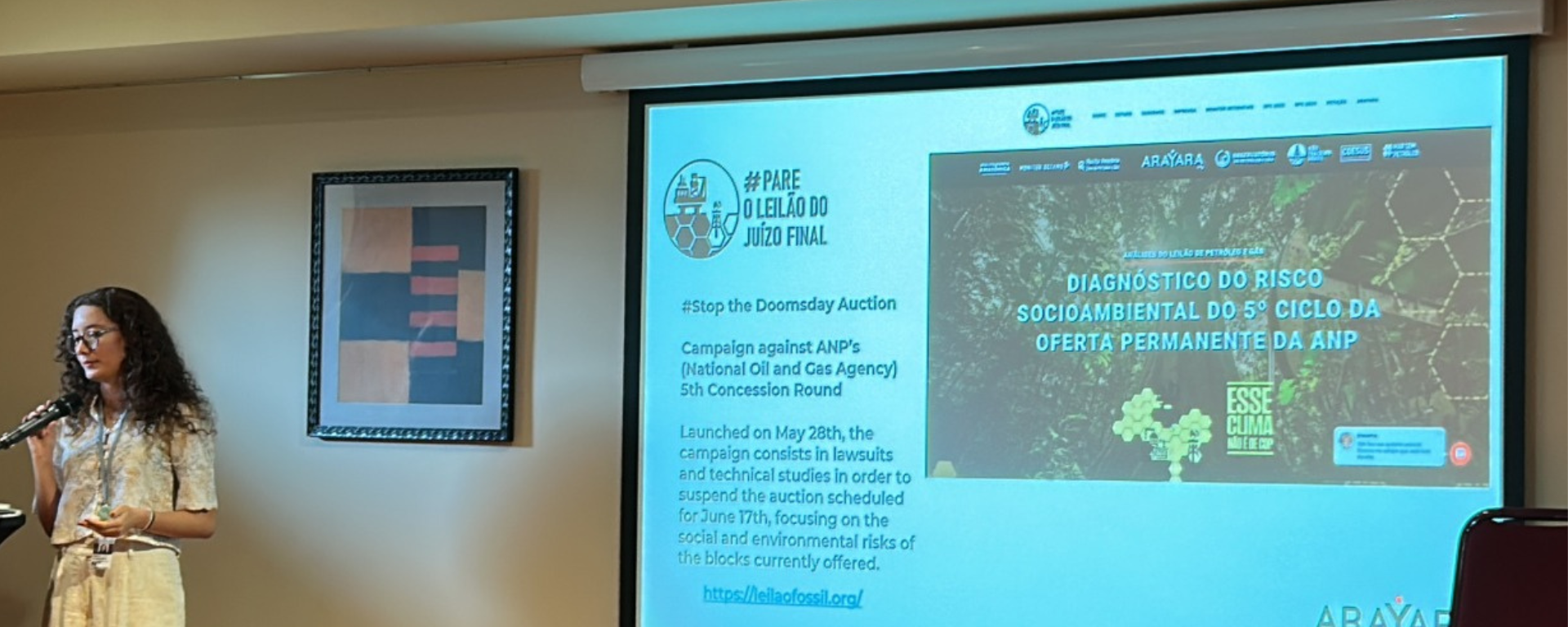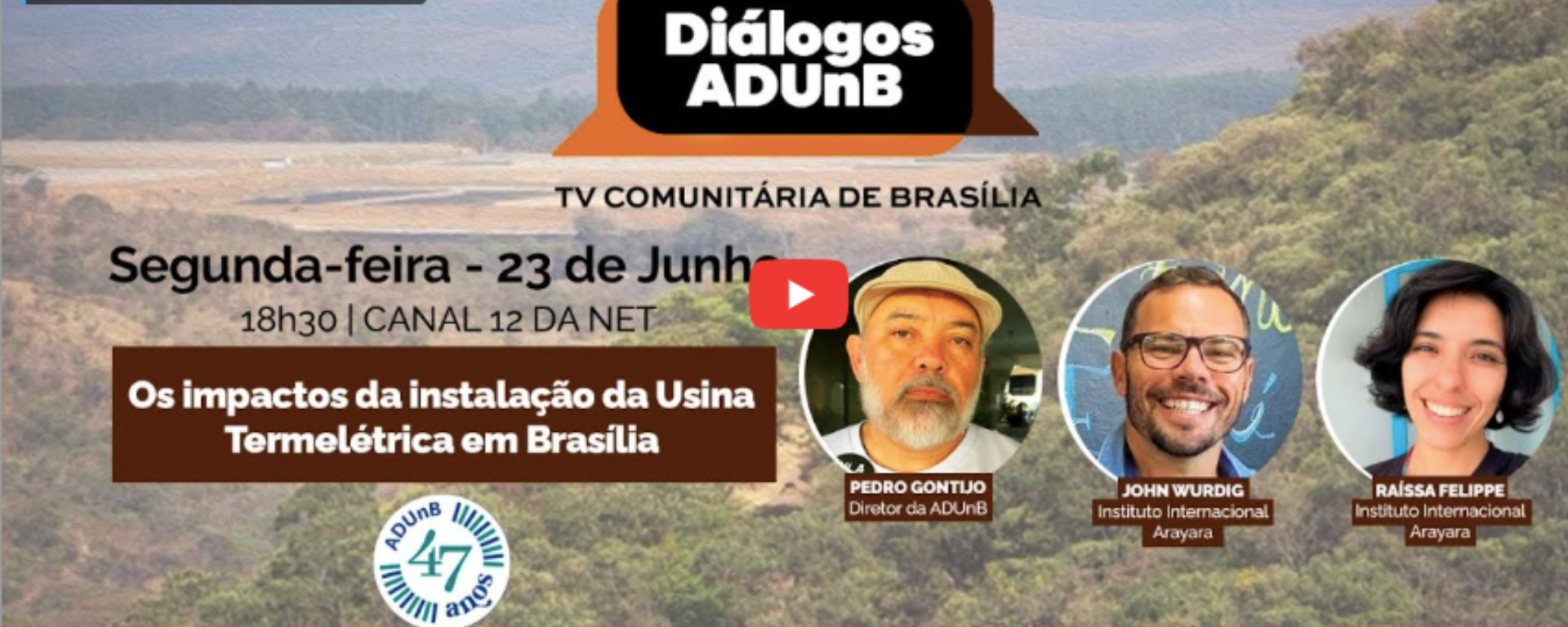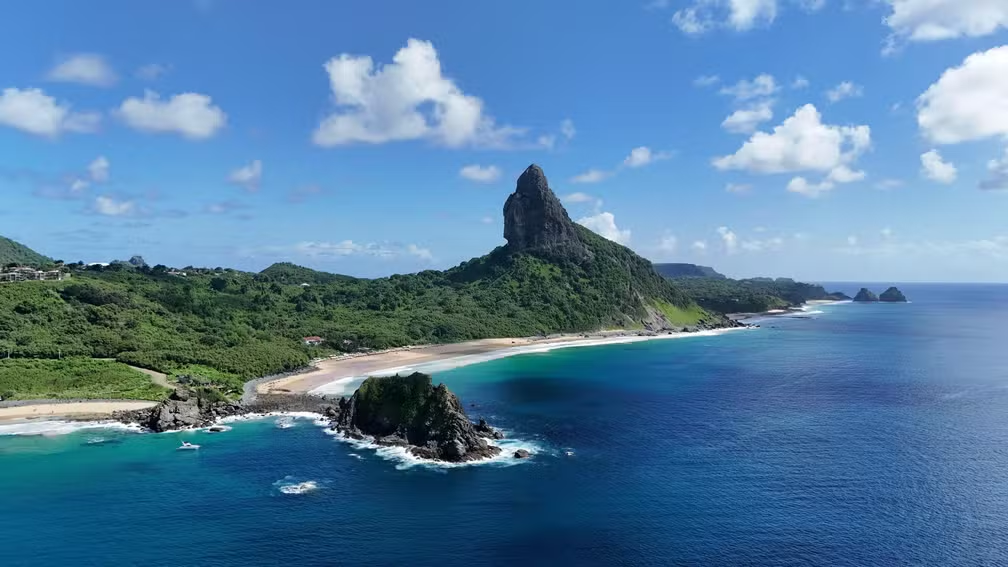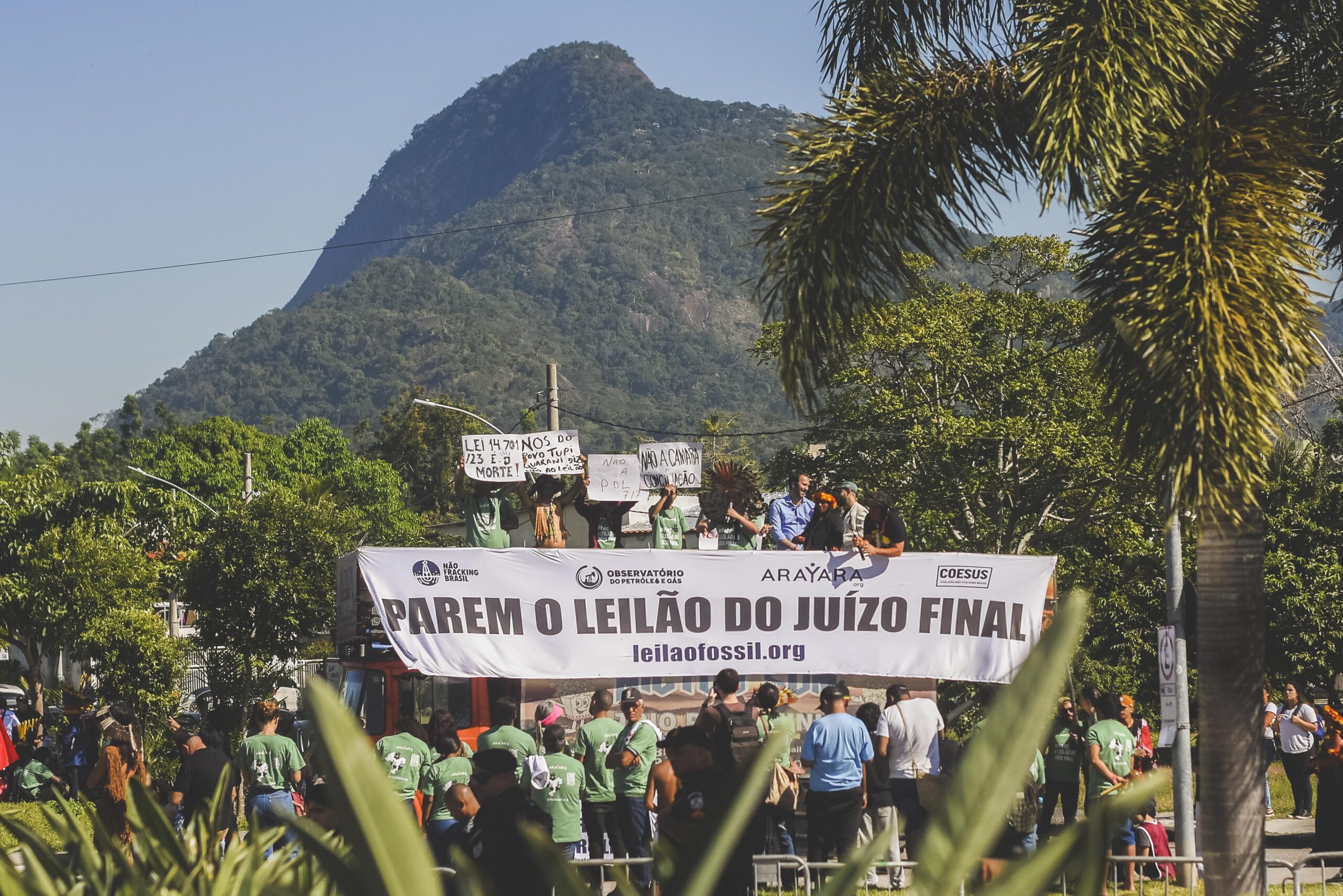- On one of the fronts, the organizations want to overturn the Santa Catarina state law that, for environmentalists, serves as a “legislative façade” to postpone the end of coal
- An ADI questioning the state law was received by the STF; the rapporteur minister, Dias Toffoli considered the topic relevant and decided, last week, to shorten the procedural rites of the action
The ARAYARA International Institute and the Coal Observatory, together with other partner organizations, will intensify, this year, actions to encourage the decarbonization of the Brazilian energy matrix and help the country to advance in the agenda of the Just Energy Transition, based on new policies aimed at the gradual abandonment of fossil fuels. One of the main targets is coal, pointed out by scholars and climate authorities as the main responsible for greenhouse gas (GHG) emissions in the energy sector and, consequently, one of the biggest villains for the worsening of the climate crisis.
In one of the action fronts already in progress, the organizations question the law nº 18.330/22 , proposed by the government of Santa Catarina, which institutes the “State Policy of Just Energy Transition and the Pole of Just Energy Transition of the South of Santa Catarina state”. In the understanding of environmentalists, the legislation is on the opposite path of proposing migration to a clean and sustainable energy matrix – which is the essence of the concept of Just Energy Transition – and serves, in fact, as a stimulus to the production chain of mineral coal and to the continuity of its use for energy generation.
The Santa Catarina law is being challenged in court. At the end of 2022, the Rede Sustentabilidade – party of the Minister of the Environment and Climate Change, Marina Silva – filed a Direct Action of Unconstitutionality (ADI) with a request for a precautionary measure, with the Federal Supreme Court (STF), questioning proposed amendments by the Santa Catarina legislature, which invade the competence of the state executive for the creation of public administration bodies and the Union to legislate on energy.
Due to its extensive history of performance and production of technical studies regarding the socio-environmental impacts of the coal chain in Santa Catarina, the ARAYARA Institute participates in the action as amicus curiae – a legal term that designates a third party that enters the process with the intention of providing subsidies to the adjudicating body.
Last week, ADI’s reporting minister, Dias Toffoli, decided to shorten ADI’s procedural rites. “The relevance of the issue discussed in this direct action gives rise to the application of the abbreviated rite of art. 12 of Law nº 9.868/99, so that the decision is taken definitively”, reported the minister in his dispatch.
For lawyer Luiz Ormay Junior, who represents Rede Sustentabilidade and ARAYARA.org in the action, when resorting to the legal provision, the minister recognized the importance of the topic addressed. “Minister Dias Toffoli’s decision is very correct in printing the abbreviated rite, as it allows the merits of the action to be faced more quickly. This becomes particularly relevant when dealing with an issue that has a direct impact not only on tackling climate change, but on activities that cause major socio-environmental damage,” he declared.
“Legislative Facade”
In addition to the unconstitutional provisions contained in law 18.330/22, the ADI proposed by Rede together with ARAYARA.org also questions the inconsistencies of the legislation regarding critical aspects that should support the energy transition in Santa Catarina. For the authors of the action, it is “a ‘legislative façade’ that will be used as justification for a supposed energy transition plan, when in reality what we have is a mechanism that serves only the economic interests of the coal production chain , aiming to postpone the inevitable end of the use of this fossil fuel of the century before last”.
The technical director of the ARAYARA Institute, engineer Juliano Bueno de Araújo, doctor in environmental risks and emergencies, reinforces that the concept of a fair energy transition implies replacing fossil fuels, in this case coal, with clean and renewable energy sources, such as solar, wind energy and biomass, also considering the socioeconomic factors involved in this change, such as the creation of new jobs, for example. “However, the Santa Catarina law, in addition to ignoring this concept, since it does not establish a schedule for the phase out of mineral coal, still creates incentives and tax benefits for the production chain, including encouraging the installation of new industrial complexes that use this fossil fuel”, he pointed out.
The law in Santa Catarina came in the wake of federal law nº 14.299/2022, which created the Just Energy Transition Program and extended until 2040 the contracts for coal-fired thermal plants in Santa Catarina. The federal law is also the target of another direct action of unconstitutionality ( ADI 7095 ), proposed by the parties Rede Sustentabilidade, PSOL, PSB, and ARAYARA.org, in March last year. ADI contests the distortion of the just energy transition concept, the implications of maintaining incentives for obsolete and polluting technology, which goes against climate agreements, in addition to the impact of the cost of coal energy on consumers’ pockets.
